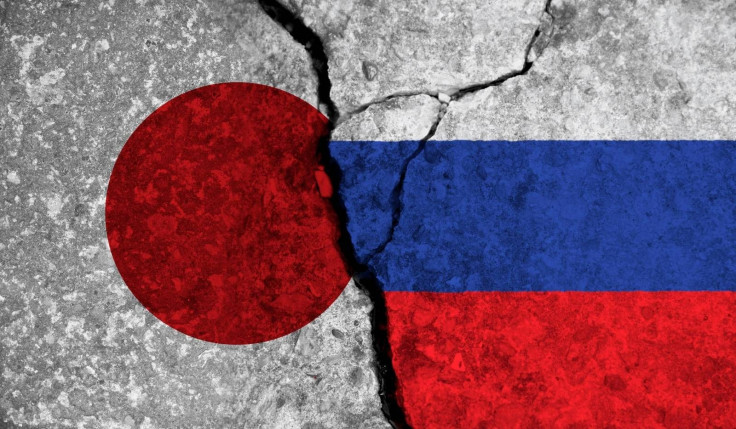The Russian Ban On Japanese Seafood Imports: Safety Concern Or Geopolitical Tool?

In October 2023, Russia decided to ban all seafood imports from Japan, over the release of treated water from the Fukushima Daiichi Nuclear Power Plant (FDNPS). Russia's latest decision was not taken in a vacuum. Since Japan's decision to discharge treated radioactive water from the Fukushima nuclear power plant into the ocean in July 2023, the plan has caused international concern, mainly by China, despite the comprehensive report issued by the International Atomic Energy Agency (IAEA) on July 4, that concluded that Japan's release plan using ALPS treatment is consistent and compliant with international safety standards. In addition, since the beginning of the first release, positive results of the strict monitoring put in place by TEPCO and supervised by the IAEA were recorded.
The chronology of events that led to Russia's decision to ban the import of Japanese seafood shows a clear pattern of Russian responses, perhaps aimed more at achieving geopolitical objectives than explicitly safety concerns. This chain of events reflects a general strategy that follows a specific timetable, with initial measures paving the way for the final decision to ban imports.
On June 7, Russia expressed its initial concern, urging Japan to be transparent about its plans. A month later, on July 8, Russia's consumer protection agency announced tighter supervision of Japanese fish imports due to worries about radioactive water release. In late July 2023, before the initiation of the first round of release, China and Russia proposed vaporizing the water and releasing it into the atmosphere, which Japan rejected. Although Japan shared a detailed and scientific-based proposal rejection, this was strongly criticized by the two countries. On Sept. 13, following the first release, Russia reiterated its concerns and called on Japan to provide detailed information about the discharge process despite the provision of online monitoring and live results released daily by the discharge operator, TEPCO. In the same month, Russia hinted at joining China's ban on Japanese seafood imports. By Oct. 4, Russia stated that Japan had not provided sufficient information despite repeated requests from Moscow and Beijing, showing continued opposition to the release. Finally, Russia came to a decision and announced the suspension of all Japanese seafood imports on Oct. 16 in response to Japan's release of treated water from the FDNPS.
The use of economic measures, such as the ban on food imports, serves as a tool to advance geopolitical interests.
The Russian government has banned the import of seafood products from "unfriendly countries" in the past, a measure described in decree no. 1173 issued by the Cabinet of Ministers on July 7. This decree allowed the authority responsible for delivering the authorizations (Rosselkhoznadzor) to suspend the import procedures from the countries listed by the decree: the United States, European Union countries, Canada, Norway, Albania, Montenegro, Iceland, Liechtenstein, Great Britain and Northern Ireland and Ukraine starting on Aug. 1.
The content of this decree unconditionally shows how Russia applies restrictive economic measures to countries it considers "unfriendly" (all of them are Western countries) in an attempt to exert pressure on them. The decision adopted against Japanese products in October 2023 can only echo the decree adopted in July.
Finally, the recent call by G7 members (Oct. 29) to lift the ban on Japanese products due to the discharge of the treated water from the FDNPS is a response to Russian and Chinese positions. This reflects a split between the Western countries, Japan's allies and, for the most part, strong supporters of the water release and an eastern axis composed of Russia and China sometimes accompanied by additional nations, such as North Korea.
The sequence of events highlights Russia's evolving response strategy to Japan's release. Beginning with concerns and requests for transparency, moving to proposed alternatives and finally resorting to a concrete measure, such as suspending imports. Russia's actions reflect a systematic approach following the unfolding events, demonstrating a clear timeline of diplomatic and trade-related decisions, in line with the Chinese position and using tools already used in the past against other countries.





















